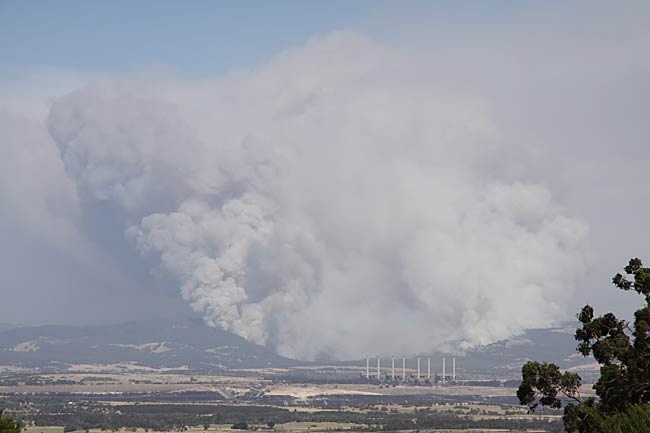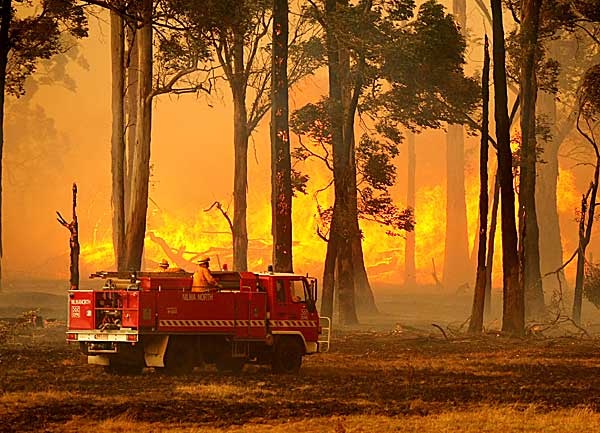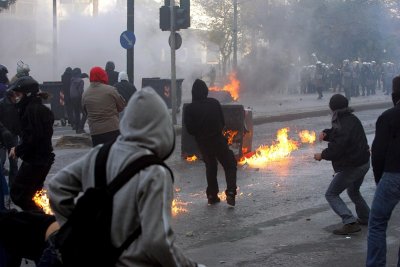
FIRE7
A disturbing report from the Assyrian Policy Institute provides details on an incident in the northern Syrian town of Qamishli in which Kurdish militia fighters supposedly opened fire during a protest by local Assyrian Christians. The incident began when militia forces attempted to carry out an order by Rojava regional authorities to close Assyrian parochial schools in the town following their refusal to accept a new curriculum that school administrators said emphasized Kurdish nationalism. It ended when militiamen fired in the air to disperse the protesters who gathered at the scene. (Image: Assyrian Policy Institute)






